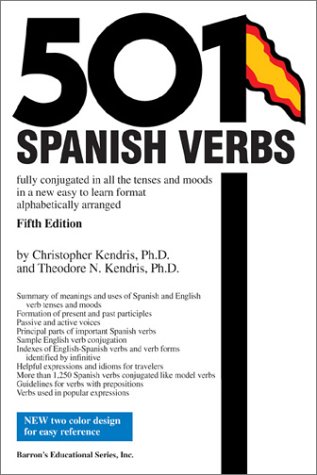It
doesn’t help that my head is buzzing not only with the rules and regulations
modified on the hoof in Spain and Catalonia, but also the nonsensical
doublethink of Orwellian proportions that cover the gibberings of various
ministers as they constantly try and square the political circle on various
media outlets.
No one really knows what is going on. Forget for a moment the on-going series of
lies, deceptions, mendacity and invention that are linked to the Unicorn
figures regarding testing that Hancock delivers to a sullenly disbelieving
audience; and set aside too, the fantasy that is rapidly growing up around the
Track and Trace fiasco, what we are left with are a series of instructions/suggestions/laws/stimuli
for the instinct/or whatever that are supposed to cover our actions during our
daily life.
I know that I can go out for exercise
during certain times (distinctions that appear to be generally ignored in
Castelldefels); I know that I can go to the shops to get essential goods
whenever I like; I know that I can go to a restaurant and eat on the terrace of
same, but I can’t go inside, or go to the loo; I know that I think that I can
meet others outside in a park or a garden – but anything from this point
onwards is just a bit hazy.
It all reminds me of school. But then most things do, it is difficult to
be a teacher for thirty years and not use that experience as a sort of range of
reference. So, anyway, rules. Every school that I have taught in or been in
has a series of rules. It might be an infant’s
school, or a secondary school or the Open University, they all have rules. And very necessary they are too, at their
best they allow you to know where you are and they give you the satisfaction of
knowing limits. But.
And there is always a ‘but’. Take one school rule from my past: “When
pupils have entered the school buildings, they must take their outdoor coats
off.” Let us, for a moment, forget about
the raison d’etre for this rule, if indeed there ever was one. Just consider the rule. It is simple and easy to see if it is being
obeyed. As the pupils came into the
school after break or the lunch hour, teachers were monitoring their entrance
and could therefore urge the pupils to obey the rule. Which I did.
In spite of the fact that I couldn’t see the point of the rule. Take off coats in the classroom? Yes, I could see the point there. Take them off as soon as they entered the
school buildings? Why? Still, I did my duty and asked hundreds of
kids to “Take your coat off!” and carry it.
In every staff meeting where rules were
discussed I urged the abolition of what I saw as a completely pointless
rule. Every one! But I got scant support. Even from those members of staff whom I had
seen (with my own eyes!) disobeying the instruction to tell the kiddiewinks to
obey, but in front of the senior staff they all became rule enforcers, and to
hell with reality.
The rules of lockdown are there and people
obviously can agree with them, because it for their own health and safety. But in reality rules are always for others,
or they are like Schrodinger’s Rules, they apply and they do not at the same
time. If other people break the rules
then they become glaringly obvious and essential to maintain, whereas if you
break then, then it’s . . .
Every
day seems to bring evidence of the deliberate attempt of government to
humiliate and denigrate the people that they are supposed to serve. In Britain the latest idiocy of Rees-Mogg in
forcing parliamentarians to come in person to the Palace of Westminster to vote
was, after a three-line whip from Johnson, was passed. This effectively disenfranchises those
members who are over 70, with childcare issues and those with conditions that
mean that they should shelter. All that
forced through to get Johnson some sort of crowd so that his glaring
deficiencies are moderated by baying support from the rabid sheep of the
Conservative party.
In the USA, Trump’s forcing a cordon
sanitaire through peacefully protesting demonstrators who were there because of
the murder of George Floyd, just so the spiteful inadequate could have a photo
op in front of a church holding a bible upside down, was low even for a semi
evolved life form like Trump. He never
fails to find new depths of squalid self-referential unfeeling vulgarity.
Vile populist governments, demonstrating,
with a sickening lack of regard, just how much they think of the people who
misguidedly elected them, unite both sides of the Atlantic.
God help us all!








